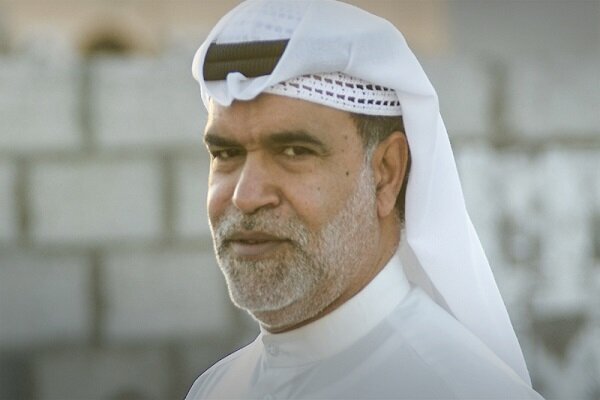July 7, 2020 – 11:34

TEHRAN – Pro-democracy protests in Bahrain have entered their ninth year. The rights of protesters are gravely violated, especially as authorities are continuing to enforce repressive policies in conjunction with an imposed censorship supported by Persian Gulf monarchies.
Ironically, authorities have a monopoly on television, radio, and newspapers. There are no independent media that can work freely inside Bahrain.
In light of this fact, the Tehran Times interviewed Ali AlAshiri, a former member of the Bahraini Parliament.
Following is the text of the interview:
Q: Bahraini courts continue to uphold death sentences against political detainees, despite being tortured. Please explain?
A: Yes. These courts continue to uphold the death sentence against the political convicts, while the constitution of the Kingdom of Bahrain states that any confession under torture is unacceptable.
If we look closely at most of the cases in which the death sentence was pronounced, we see no real evidence or material fact but confessions of the convicts who stress that they have been subjected to torture and physical and psychological coercion.
Q: Why are Arab regimes silent on repression in Bahrain and Saudi Arabia but accusing countries like Syria of dictatorship?
A: We can see these kinds of double standards in most of these countries. They support movements and protests in Tunisia, Egypt, Libya, Iraq, and Syria, but they talk about Bahrain as if there is no protest or describe it as a riot provoked by foreign countries. The reasons are clear: They may endanger their interests if talk about the demonstrations because of sectarian reasons; most of the protestors are from the Shiite community in Bahrain.
Q: Do you think that repression will continue in Arab countries? And, can we bet on the awakening of Arab nations?
A: Despite decades of continuous repression, the will of the peoples remains like a fire smoldering under the ashes, and they will come back to the streets as soon as they find an opportunity again.
Q: Regarding what is happening in Yemen, Bahrain, and Palestine, how do you see the UN performance?
A: The positions of the United Nations are based on politicized reports rather than real evidence.
Regarding Bahrain, Palestine, and Syria, the UN says nothing more than expressing concern and issuing statements, but in other regions, they impose their resolutions on the pretext of human rights violations.
Q: What is your comment on the release of Bahraini political activist Nabil Rajab, who is still not allowed to move around or speak out on human rights abuses?
A: The step to release human rights activist Nabil Rajab came late, and the remaining period was replaced in accordance with Law No. 18 of 2017.
It may be in response to many calls from human rights organizations, given his medical care, after a critical situation imposed by the Coronavirus outbreak that necessitated his release from prison.
Filed under: Bahrain, Dictatorship, Human Rights, Racial discrimination | Tagged: Anti-Shia Sectarianism |



